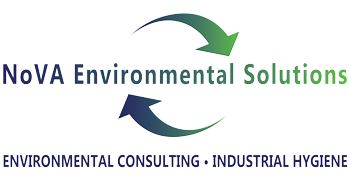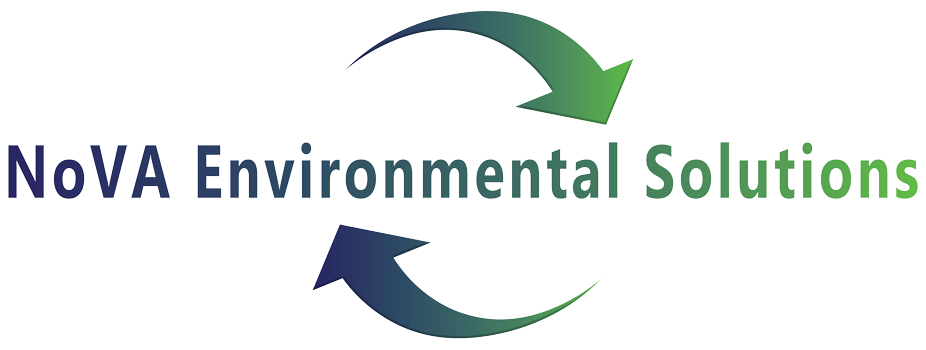What is Legionella?
Legionella is a Gram-negative, rod-shaped bacterium that can cause pneumonia (Legionnaires’ disease) or a flu-like illness (Pontiac fever). It was first identified and recognized as causing disease during the outbreak that occurred in conjunction with the American Legion Convention in Philadelphia in 1976. There are over 50 species of Legionella and 18 of those can cause disease.
Illustration of Legionella under a microscope.
Who should test for Legionella?
Many facilities like hospitals, elder care facilities or nursing homes, hotels, schools, and colleges have Water Management Programs established to routinely monitor for Legionella.
This is particularly true in hospitals and nursing homes where there are large numbers of immunosuppressed or critically-ill people. For these reasons, many state health departments have guidelines that recommend routine monitoring for Legionella in critical-care hospitals and nursing homes.
What actions should be taken if we find Legionella?
There is no known safe level of Legionella in building water systems. Cases of Legionnaires’ disease have been associated with very low levels of Legionella in building water systems.2 The intent of a water management program should be to manage building water systems to reduce hazardous conditions that allow Legionella to grow. If the team decides to incorporate routine environmental sampling for Legionella as part of their water management program, they will need to decide how and when to respond if these bacteria are found in their water systems.
If the team finds Legionella during routine environmental sampling (in the absence of disease), CDC suggests exploring possible reasons for the growth. Corrective actions, such as adjusting temperature levels or flushing the pipes, might be sufficient. Additional actions may be necessary if there are concerning trends (e.g., persistently positive samples at a single location, positive samples in a central distribution point, positive samples in multiple points-of-use, diversity in the types of Legionella detected).
The CDC and ASHRAE Guideline 12 provide general guidance on result interpretation and recommendations for action levels. In the absence of local or State regulations the published threshold guidelines provide a reference for water risk management teams to set action levels.
To find out more about how NoVA Environmental Solutions can help with your Water Management Program and Legionella Testing CALL US or Request More Information. We are here to help.
Environmental Testing In:
| Frederick County | Loudoun County | Clarke County |
| Fairfax County | Prince William County | Montgomery County, MD |
| Jefferson County, WV | Berkeley County, WV | Arlington, VA |
| Alexandria, VA | Gainesville, VA | Winchester, VA |
| Fairfax, VA | Hagerstown, MD | Frederick, MD |
| Charles Town, WV | Martinsburg, WV | Washington, DC |




